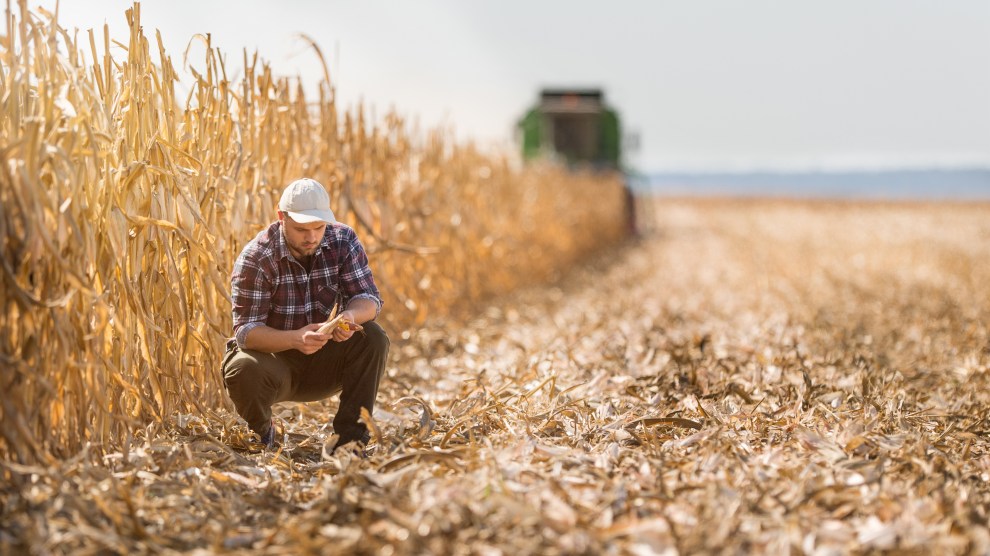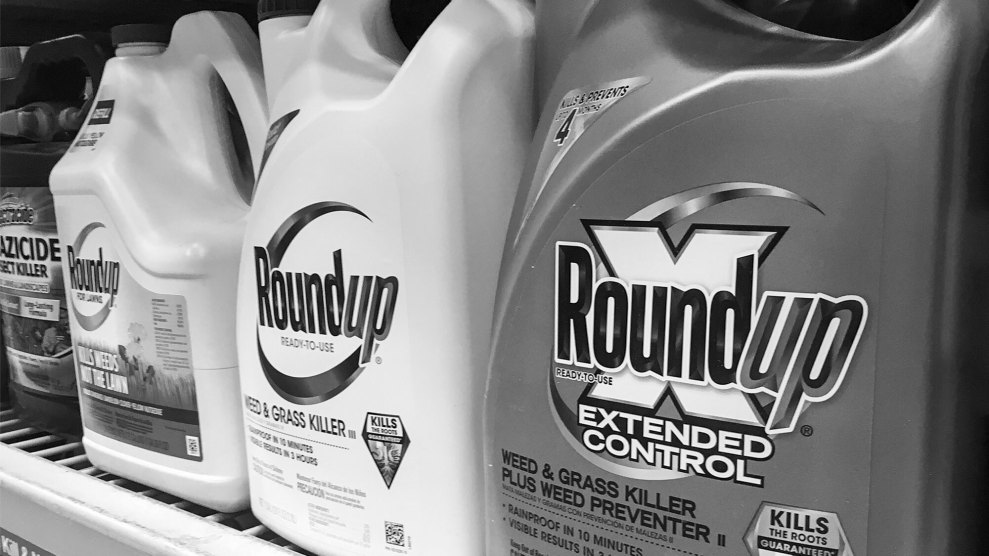
Andrew Harnik/AP
Congress has finally passed a new farm bill, that twice-a-decade legislation that shapes US agriculture and hunger policy. The bill has lately become a sticking point between Democrats and Republicans, especially in regards to adding work requirements to the Supplemental Nutrition Assistance Program (SNAP). But the bill passed Tuesday in the Senate and Wednesday in the House, leaving SNAP intact, throwing out a last-minute push for expanded forest management, and legalizing industrial hemp after close to a century of exile.
In a statement, US Secretary of Agriculture Sonny Perdue commended the bill’s passage, but couldn’t resist commenting on the Republican-backed policies that were left out of it:
“While I feel there were missed opportunities in forest management and in improving work requirements for certain SNAP recipients, this bill does include several helpful provisions and we will continue to build upon these through our authorities. I commend Congress for bringing the Farm Bill across the finish line and am encouraging President Trump to sign it.”
House Agriculture Committee ranking member Collin Peterson (D-Minn.) released a statement echoing Perdue’s call to President Donald Trump and hailing new insurance coverage options for dairy farmers, especially given the growing dairy crisis. “Rural America is facing so many challenges and this bill goes a long way toward providing needed certainty to farmers and ranchers,” he said.
The bill also included a new provision focused on soil health, which was pushed for inclusion by Sen. Ron Wyden (D-Ore.) and supported by Sen. Michael Bennet (D-Colo.) and others. It incentivizes farmers to adopt environmentally friendly soil management practices like reducing tillage, planting cover crops, and designing crop rotations that help sequester carbon.
“As a farmer, I have seen the benefits of these practices on my own farm and look forward to working with the USDA to document these environmental values on a larger scale,” said farmer Keith Alverson, who is on the board of the National Corn Growers Association and a member of environmental group E2, which promoted the provision.

















